
Recommendation
Behavioral scientist Darren Hill and psychologists Alison Hill and Sean Richardson explain that behaviors are difficult, but people aren’t, at least, not most people. To show leaders how to handle difficult workplace conversations, the authors discuss verbal and nonverbal communication, restructuring, termination, crisis management, and more. Their advice is succinct and to the point. They give managers the nitty-gritty on handling difficult behaviors without pop psychology fluff. Their practical suggestions include using three-point communication to defuse tense situations and cultivating a growth mind-set for handling crises. The authors lighten the mood with clever, alliterative chapter titles, while delivering tough, workable advice. You’ll appreciate the layout, charts, diagrams, brief examples and useful lists – all good stuff, and not just tough stuff. getAbstract recommends this perceptive book to managers, teachers, parents and other leaders.
Summary
About the Authors
Behavioral scientist Darren Hill is a popular speaker in Australia and leads the Tough Stuff workshops. Blogger, trainer and consultant Alison Hill is a registered psychologist, as is Sean Richardson, a former world-class athlete who specializes in high performance psychology.








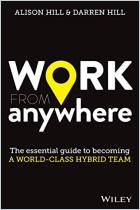
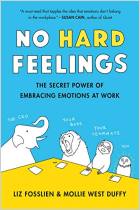
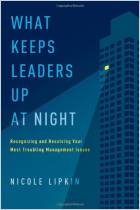
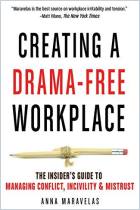
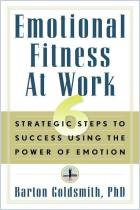

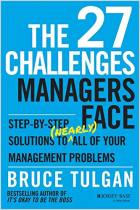






Comment on this summary or Iniciar a Discussão